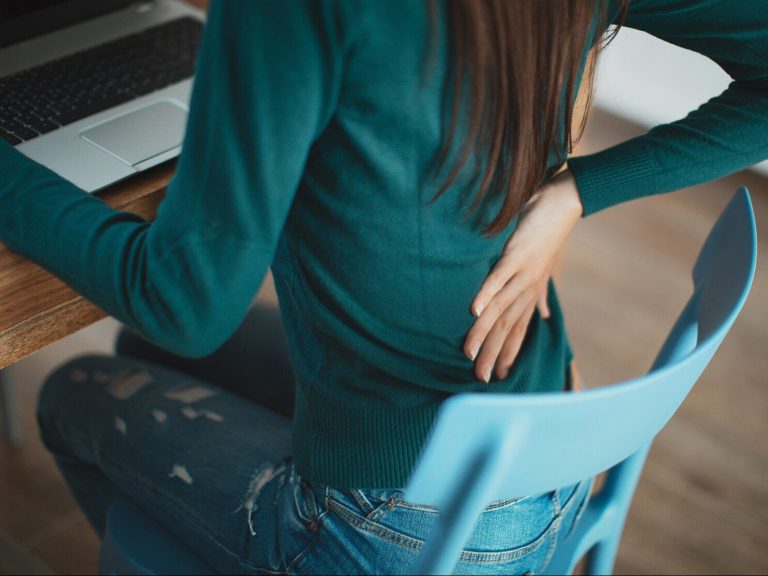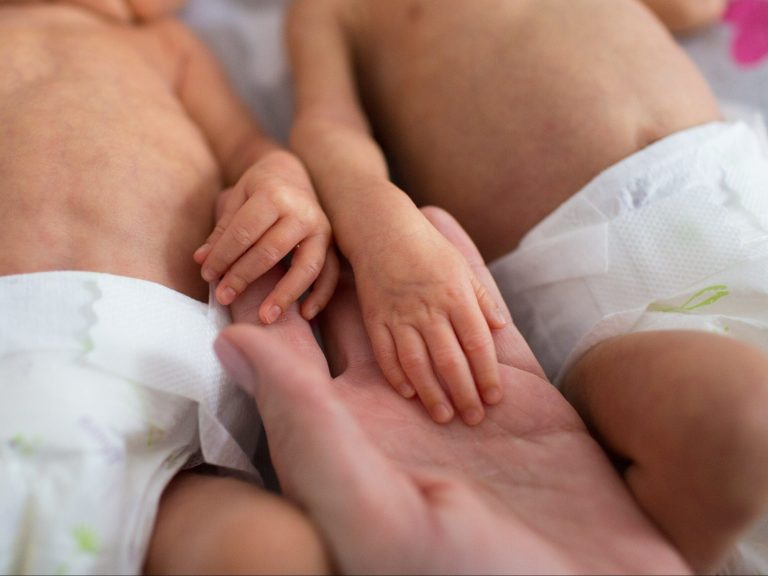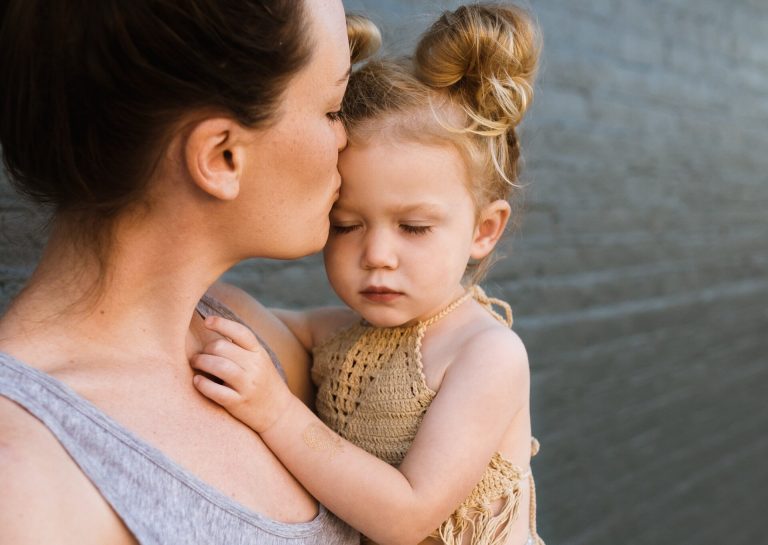Anyone can become a victim of an attack. Apply these patents to get help

Even in a big city or in a crowd of people it is not always safe. Check what to do in an emergency situation to increase your chances of getting quick help.
Recently, all of Poland was shocked by the news of a brutal attack that took place at the end of February 2024 in the center of Warsaw. A young man beat and raped 25-year-old Liza. The woman was taken to hospital in a serious condition. Unfortunately, doctors failed to save her. The attack was witnessed by two young women. However, they did not react, thinking it was about sexual intercourse. The question arises: what to do to avoid this type of situation? How to increase your chances of getting help in times of danger? Check.
The diffused responsibility effect disadvantages victims of assault
The functioning of individuals in larger groups of people is the subject of interest in crowd psychology. Specialists associated with this discipline of social psychology have created many theories explaining human behavior in groups. One of them concerns the effect of dispersed responsibility. How does this mechanism work? Let's imagine the following situation. A man attacks a woman on the street in the middle of the day. The girl screams for help. Passers-by hear her appeal. They witness an attack. However, neither of them reacts. Each person starts with the following assumption: why should I intervene when there are so many people around? As a result, no one helps the victim, hoping that someone else will take care of you.
What can you do to get help in a crowd?
The more witnesses to an attack or other tragic event, the less chance they have of reacting. So what can you do to increase the likelihood of getting help? You need to get people to notice the situation, interpret it appropriately, take personal responsibility and take appropriate action. Psychological “tricks” can help achieve this goal. First of all, don't shout “Help!” but “It's on fire.” This will help you attract more people's attention. Everyone instinctively seeks to protect their lives and property. Additionally, ask a specific passer-by for help. Say “Mr/Lady in the brown coat, please call the police.”
What can be done to help a victim of assault?
The first thing you need to do is call the police (call 997 or 112). Often, the mere cry of a witness can be very helpful. Thanks to it – as policewoman Małgorzata Sokołowska points out in one of the posts published on social media – you can distract the perpetrator and give the victim a chance to escape.






